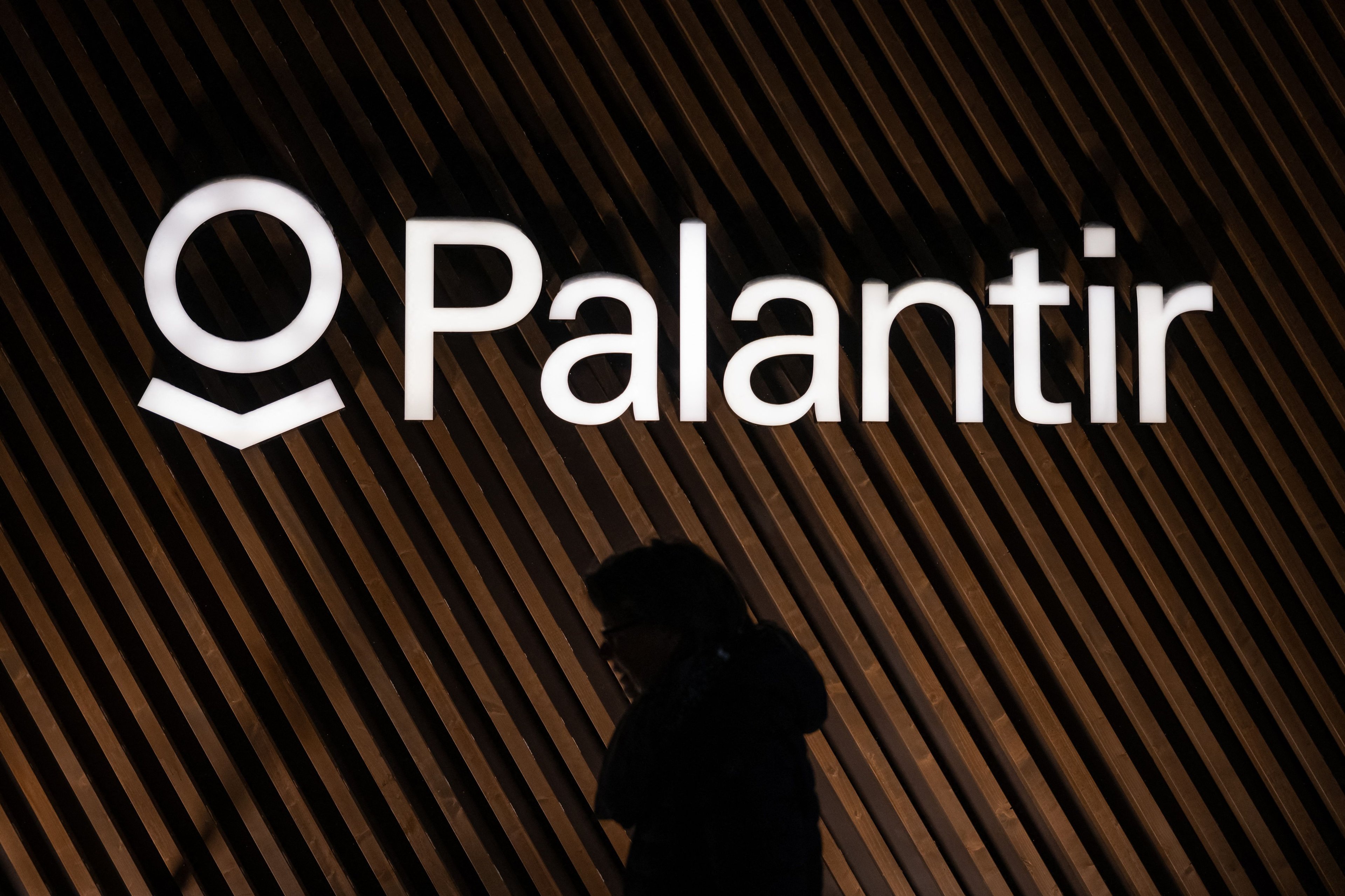Palantir Technologies (PLTR 5.56%) recently celebrated its fifth anniversary as a public company. When it had its initial public offering in 2020, it was mostly known as a secretive government contractor that built powerful data analytics tools to help fight terrorism.
Palantir was founded after 9/11 with the idea that the same fraud detection technology PayPal used to stop cybercrime could be applied to track terrorist financing and uncover hidden threats to national security. Its first product, Gotham, became a critical tool for U.S. intelligence agencies, as it could pull together massive amounts of scattered data and find the hidden connections.
Five years later, Palantir's business looks very different. The company is still deeply tied to the U.S. government and to agencies like the Department of Defense, but the real driver of the stock's 1,700% climb since its IPO has been its reinvention as an artificial intelligence (AI) company.

NASDAQ: PLTR
Key Data Points
An AI leader
Palantir's pivot began in earnest when it launched its Artificial Intelligence Platform (AIP) in 2023. What separates it from many other companies chasing AI is that Palantir decided it wasn't going to build its own large language model (LLM). Instead, it decided to make AI more usable at the workflow level by gathering all the data organizations have and organizing it around their actual assets and processes, so they can use AI to make better and faster decisions.
The ability of AI to help companies find solutions to everyday problems allowed Palantir to expand well beyond the defense industry. Today, companies are using AIP to help solve a wide range of problems. This includes everything from an energy company using the platform to optimize its pipeline infrastructure, to insurers using it to reduce the time it takes to underwrite policies, to a hospital using it to help monitor for sepsis.
More recently, Palantir started rolling out AI agents that don't just give recommendations, but can take actions on their own within a customer's guidelines. This could open up an entirely new growth leg, as companies look for ways to automate complex decisions instead of just analyzing them.
Palantir's numbers show how dramatic the shift in its business has been. For years, the company's bread and butter was government contracts, but growth began to slow before its launch of AIP. For Q2 2023, the company only grew its revenue by 13%.
However, fast-forward to today, and revenue growth accelerated for eight straight quarters since then. Its overall revenue climbed 48% last quarter to $1 billion, led by a 93% surge in its U.S. commercial revenue. U.S. government revenue growth has also accelerated, climbing 53%.
Palantir's opportunity remains huge because even with all this progress, many of its customers are still early in the process of ramping up their AI usage. Right now, the company is both rapidly signing up new customers and seeing existing customers increase their usage.
This can be seen in the company's underlying numbers, where it grew its customer count grew by 43%, while its net dollar retention was 128%. Notably, the latter number only includes customers who have been with Palantir for a year or more, and many who have been with it for less than a year also quickly ramped up their spending.
In addition, Palantir still has only a limited footprint with commercial customers outside the U.S., especially in Europe, where adoption has barely begun. As such, it has a long runway of growth still in front of it.

Image source: Getty Images.
Where the stock is headed
The challenge for investors is that the market already is highly enthusiastic about the Palantir story and has bid the stock up to levels that leave little room for disappointment. The stock currently has a forward price-to-sales (P/S) multiple above 105 times based on 2025 analyst estimates. That's price-to-sales, not price-to-earnings (P/E), so that's a huge valuation multiple that reflects a lot of optimism about what the next five years will look like. And that kind of valuation makes the stock vulnerable to pullbacks if the company doesn't live up to very high expectations.
That said, great companies rarely trade at bargain prices, and Palantir has one of the best long-term growth stories in the market today. If the company continues on its current path and cements itself as an AI operating system, then the next five years could still be rewarding for long-term holders.
However, I think it's doubtful that the gains will come in a straight line and would expect a big pullback at some point. That is when investors will want to pounce.





